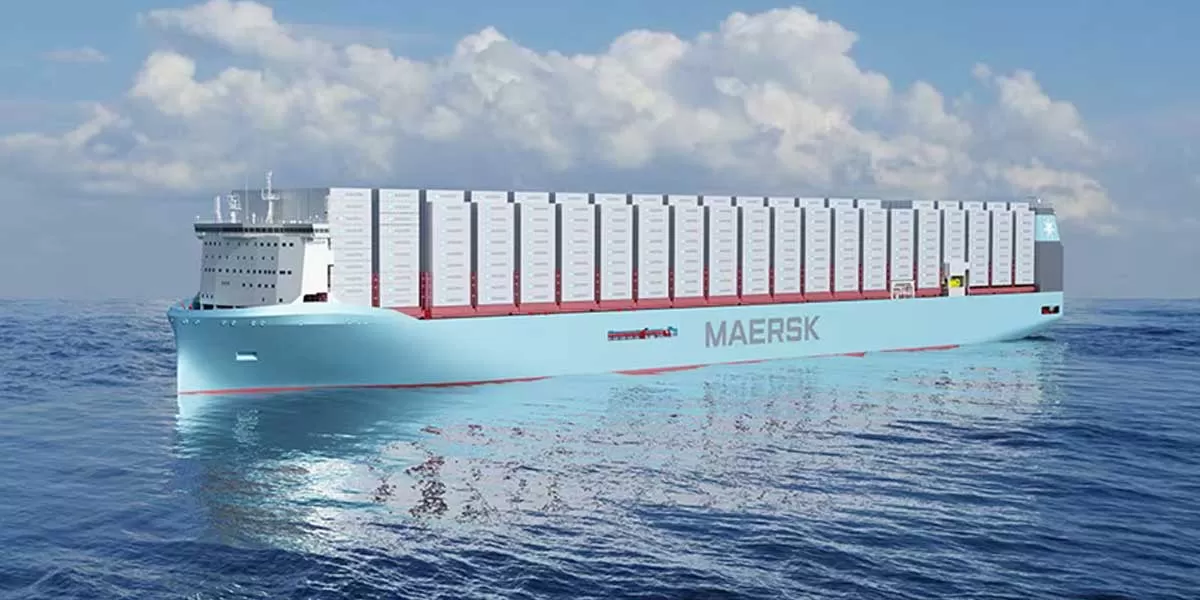
Redefine the future of urban mobility! Join us at the Metro Rail Conference 2025 to explore groundbreaking ideas and insights. 👉 Register today!

Global Nuclear Energy Surges with 70 GW Under Construction: IEA
Nuclear energy is gaining global traction, with over 70 GW of capacity under construction—the highest in 30 years—according to the IEA’s latest report, The Path to a New Era for Nuclear Energy. Technological advancements, policies, and investments, including small modular reactors (SMRs), are fueling this growth.The report further stated that more than 40 countries are expanding nuclear's role, but challenges like project delays, financing, and supply chain risks persist.China leads the sector, with 25 reactors under construction since 2017, positioning itself to surpass the US and Europ..

Maersk and Hapag-Lloyd Remain Cautious About Red Sea Operations
Global shipping leaders Maersk and Hapag-Lloyd have stated they do not plan an immediate return to the Red Sea, despite the ceasefire between Hamas and Israel. Both companies emphasized they are monitoring developments to assess safety before resuming operations.Hapag-Lloyd noted that while a ceasefire is in place, risks from Yemen-based Houthi militants remain, with previous warnings suggesting that re-establishing routes through the region could take four to six weeks. Maersk echoed similar sentiments, stating it is ""too early to speculate about timing."Middle East disruptions have forced v..

Mumbai Airport Records 6.3% Growth in Passenger Traffic in 2024
Mumbai International Airport Ltd (MIAL) reported a 6.3 percent rise in passenger traffic, reaching 5.48 crore in 2024, compared to 5.16 crore in 2023. The airport also recorded 3,46,617 air traffic movements (ATMs), marking a 3.2 per cent increase over the previous year.December emerged as the busiest month, with 50.5 lakh passengers, showing a 3.4 per cent growth. The airport handled its highest single-day passenger movement on December 21, with 1.7 lakh travellers—1,16,982 domestic and 52,800 international.Additionally, Chhatrapati Shivaji Maharaj International Airport (CSMIA) achieved a r..
















